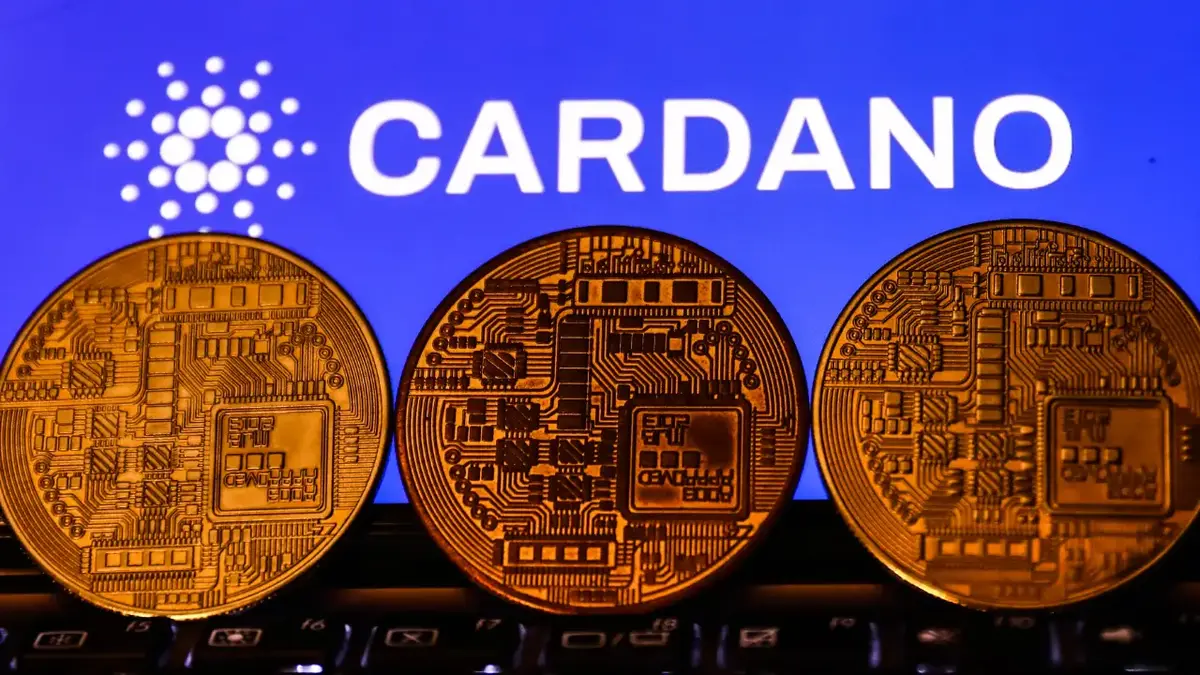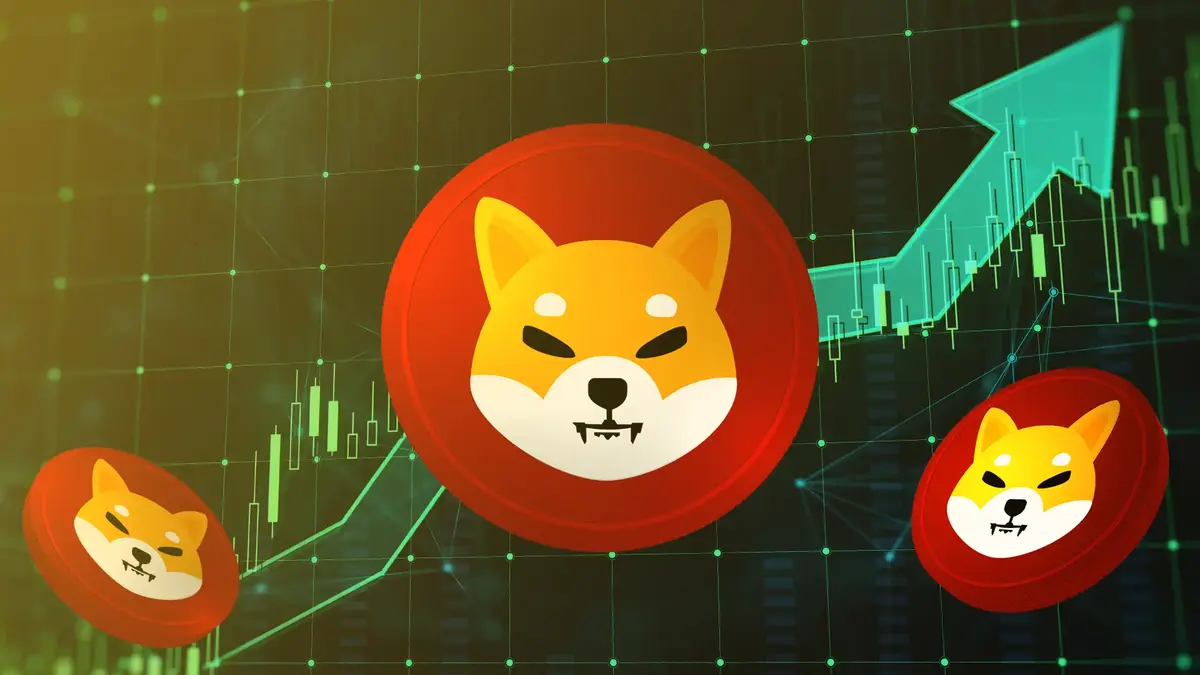Introduction to Cardano and its Purpose
Cardano has garnered significant attention in the blockchain space, and for good reason. As a third-generation cryptocurrency platform, it aims to solve many of the issues its predecessors face. With a focus on scalability, sustainability, and interoperability, Cardano is positioning itself as a frontrunner in smart contracts and decentralized applications (DApps). Designed with rigorous academic research and peer-reviewed methodologies at its core, this innovative platform offers unique advantages that could reshape how we think about digital transactions. Whether you’re an investor or just curious about emerging technologies, understanding what makes Card ano special is essential for navigating this evolving landscape. Let’s dive deep into why Cardano may be the future of smart contracts and decentralized applications.
The Technology Behind Cardano’s Smart Contracts
Cardano’s smart contracts are built on a unique proof-of-stake consensus mechanism called Ouroboros. This innovation enhances security while ensuring energy efficiency, making it eco-friendly compared to traditional systems.
Plutus’s programming language powers these smart contracts, allowing developers to create highly secure and functional applications. With Plutus, users benefit from strong typing features that reduce errors during the coding process.
:max_bytes(150000):strip_icc()/cardanologo-5bfc32b1c9e77c0026b65328.jpg)
Additionally, Car dano employs the Extended UTXO (EUTXO) model. Unlike account-based models used by platforms like Ethereum, EUTXO provides enhanced scalability and flexibility for transactions, leading to improved performance in decentralized applications.
Furthermore, Cardano’s layered architecture separates the settlement and computation layers. This separation ensures that changes in one layer do not affect the overall network stability, paving the way for seamless upgrades and adaptability over time.
Benefits of Using Cardano for Decentralized Applications (DApps)
Cardano offers a robust framework for decentralized applications (DApps), making it an attractive choice for developers. Its multi-layer architecture separates the settlement and computation layers, ensuring scalability without compromising security.
The platform utilizes formal verification methods. This means developers can mathematically prove that their smart contracts work as intended before deployment. Enhanced reliability reduces bugs and vulnerabilities, which is critical in today’s digital landscape.
Moreover, Car dano boasts lower transaction fees than many competitors. For DApp creators, this translates into cost-effective operations and improved user experience.
Interoperability is another strong point of Cardano’s design. It allows seamless interaction between different blockchains, broadening the scope for innovation in DApps.
With its emphasis on sustainability through a proof-of-stake mechanism, Cardano ensures efficient energy use while maintaining decentralization—an essential element for future-proof applications in various industries.
Comparison with Other Blockchain Platforms (Ethereum, EOS, etc.)
When comparing Cardano to other blockchain platforms like Ethereum and EOS, distinct differences emerge.
Ethereum pioneered smart contracts but faces scalability issues as its network grows. In contrast, Ca rdano employs a layered architecture that enhances performance without compromising security.
EOS boasts high transaction speeds and free transactions, yet it relies on a delegated proof-of-stake model that raises centralization concerns. Cardano’s approach emphasizes decentralization through its unique Ouroboros consensus mechanism.
Moreover, while Ethereum is transitioning to a proof-of-stake system with ETH 2.0, Car dano has integrated this functionality. This positions it as an early adopter in creating energy-efficient solutions for decentralized applications.
These contrasts underline why developers are increasingly considering Car dano for their projects. Its robust framework addresses some limitations established players face in the blockchain space.
Current and Future Developments for Cardano
Cardano is on an exciting trajectory with numerous developments underway. The platform’s team focuses on enhancing scalability, interoperability, and sustainability. Recent upgrades aim to improve transaction speeds and reduce users’ costs.
One notable initiative is the introduction of smart contract capabilities through the Alonzo upgrade. This allows developers to build complex decentralized applications (DApps) seamlessly. With a growing ecosystem, Card ano attracts more projects every day.
Looking ahead, the roadmap includes advancements in governance features. These enhancements empower ADA holders to participate actively in decision-making processes.
Moreover, partnerships with educational institutions and businesses expand Cardano’s reach into various sectors like finance and supply chain management. As these collaborations progress, they promise significant innovations that could reshape industries.
With each development phase rolling out smoothly, C ardano’s future seems bright and full of potential.
Potential Impact on Industries and Society
Cardano’s advanced blockchain technology holds promise across various industries. Its smart contracts can revolutionize finance, supply chains, and healthcare. By automating processes, Ca rdano reduces costs and enhances transparency.
In the financial sector, peer-to-peer transactions become seamless with reduced reliance on intermediaries. This shift could democratize access to financial services for underserved populations.
Cardano’s traceability features in supply chain management enable businesses to track products in real-time. This fosters accountability and trust between consumers and producers.
Healthcare could also undergo a transformation. Secure data sharing through decentralized applications can improve patient privacy while maintaining accurate records.
Education also benefits through verifiable credentials issued via Car dano’s network. This innovation can streamline hiring processes by providing employers with trustworthy information about candidates’ qualifications.
The social implications are vast; empowering individuals and communities is at the forefront of this change.
Conclusion: Why Investors Should Consider Investing in Cardano
Cardano is a compelling option for investors looking to enter the blockchain space. Its unique approach to smart contracts and decentralized applications positions it as a leader in innovation. The proof-of-stake consensus mechanism enhances energy efficiency and ensures security and scalability.
Investors should recognize Car dano’s commitment to research-driven development, differentiating it from many competitors. With ongoing upgrades and enhancements, including the recent Alonzo update that enabled smart contract functionality, Cardano continues to evolve.
Furthermore, its strong community support and partnerships with academic institutions bolster its credibility. As industries increasingly adopt blockchain technology, C ardano is well-positioned to play a crucial role across various sectors.
For those seeking growth opportunities within the cryptocurrency market, exploring investment in Cardano offers promise. Its potential impact on industries and society makes it an exciting prospect worth considering for any forward-thinking investor.
You may also read
Block and News: Exploring the Future of Cryptocurrency and DeFi in Japan


